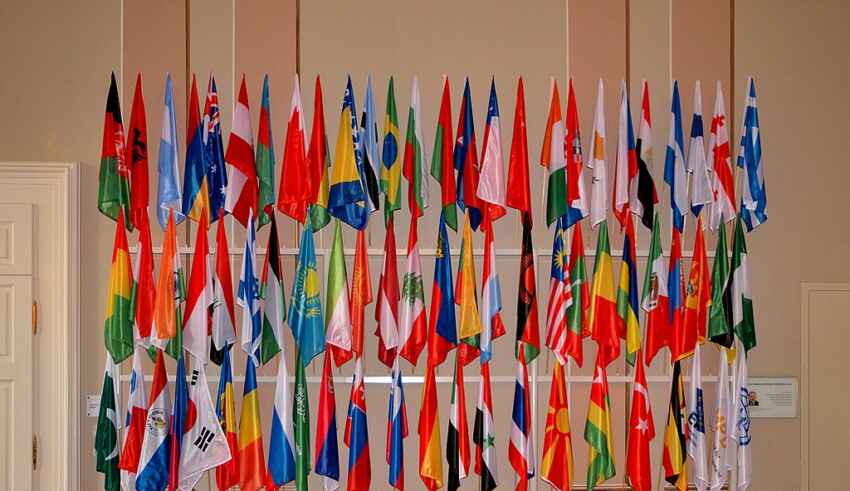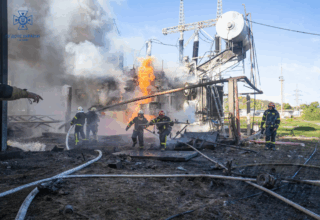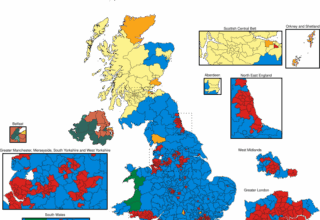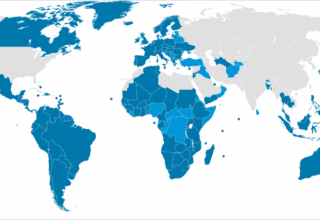
Corruption is a major issue that is undermining economic growth, political stability, and social trust on a global scale. Given the threat it poses, particularly to democracies, the United Kingdom, France, and Switzerland launched the International Anti-Corruption Prosecutorial Taskforce (IAPTF) on March 21, 2025. This was developed as a response to the United States’ wearing away from its aggressive anti-corruption enforcement under the Trump administration, which left a regulatory gap that reduced pressure on multinational corporations to adhere to strict anti-corruption measures. Therefore, this taskforce is aimed at filling this gap, ensuring that companies and officials involved in bribery and corruption are investigated and prosecuted accordingly.
Despite the efforts undertaken by the UK, France and Switzerland, this project still faces significant challenges, including limited jurisdiction, lack of global cooperation, resource constraints, and the need for stronger transparency mechanisms. With regard to its jurisdiction, the Taskforce is for now only authorised to operate within the territory of its founding members, unlike its American counterpart, which had global reach due to U.S. economic influence. Since other major economies have not joined the initiative, this may lead to corrupt actors to make use of jurisdictional loopholes by simply relocating their operations to non-cooperative jurisdictions and tax havens, thus, avoiding prosecution. Additionally, States that profit from such illicit financial flows and emerging economies with high levels of corruption are not likely to participate in the Taskforce which will further limit the effectiveness of the investigations. This, however, can be mitigated by prioritising the negotiation of agreements with more jurisdictions to expand its authority and close enforcement gaps, and by cooperating with international organisations European Union, the African Union, and ASEAN to ensure enforcement. Moreover, the Taskforce and its founding members could leverage their economic position by tying compliance with their system to their financial and political cooperation strategies. They could offer preferential trade agreements for cooperating countries as well as linking their foreign aid contributions to anti-corruption commitments from developing countries. The taskforce should also partner with the World Bank, IMF, and WTO to ensure economic leverage against corruption-friendly regimes and blacklist non-cooperative entities from such global financial institutions.
Another issue that must be addressed in order for the Taskforce to be successful, is the lack of resources and the financial constraints that it operates under. Effective anti-corruption investigations require significant funding, expert personnel, and advanced technology and unlike the U.S. Department of Justice, which dedicated billions of dollars to FCPA enforcement, the Taskforce is currently underfunded. Such financial investigations often deal with complex economic networks, offshore accounts, and shell companies, all of which requires forensic accountants to track illicit transactions, legal experts to handle cross-border prosecutions and Technology specialists tasked with analyzing encrypted data and cryptocurrency flows. To tackle these operating constraints, the Taskforce could attempt to secure long-term funding from EU institutions, international development banks, and private sector partnerships. Furthermore, by Leveraging artificial intelligence and blockchain, the IAPTF can significantly improve financial tracking which will result in a major increase in efficiency. Coordination amongst its members is also pivotal for the success of the Taskforce. A centralized intelligence-sharing platform should therefore be set up which would help streamline investigations and eliminate redundancies.
Beyond legal and financial measures, and given that corruption thrives in secrecy, it is crucial to foster a culture of transparency and establish Whistleblower Protections. Public awareness campaigns must be strengthened to encourage individuals to report corrupt practices without fear of retaliation. The Taskforce should advocate for global corporate transparency standards, including beneficial ownership registries, to prevent illicit funds from being hidden in offshore accounts, as well as real-time financial transaction monitoring to detect suspicious activities. Since Whistleblowers play a critical role in uncovering corruption, the Taskforce should develop and promote whistleblower protection laws similar to those in the U.S. and EU while parallelly establishing an anonymous global reporting system which could help expose high-level corruption without endangering key informants.
In conclusion, while the International Anti-Corruption Prosecutorial Taskforce represents a promising initiative, it must evolve to address the complexities of modern corruption effectively. By expanding its jurisdiction, securing sufficient resources, and fostering international cooperation, it can fill the void left by the United States and reassert global commitment to integrity and accountability. Decision-makers must recognize that corruption is not just a legal issue but a fundamental threat to democracy, economic stability, and social justice. To ensure its success, the Taskforce must be bold, pragmatic, and unwavering in its pursuit of a corruption-free world.
By The European Institute for International Relations















